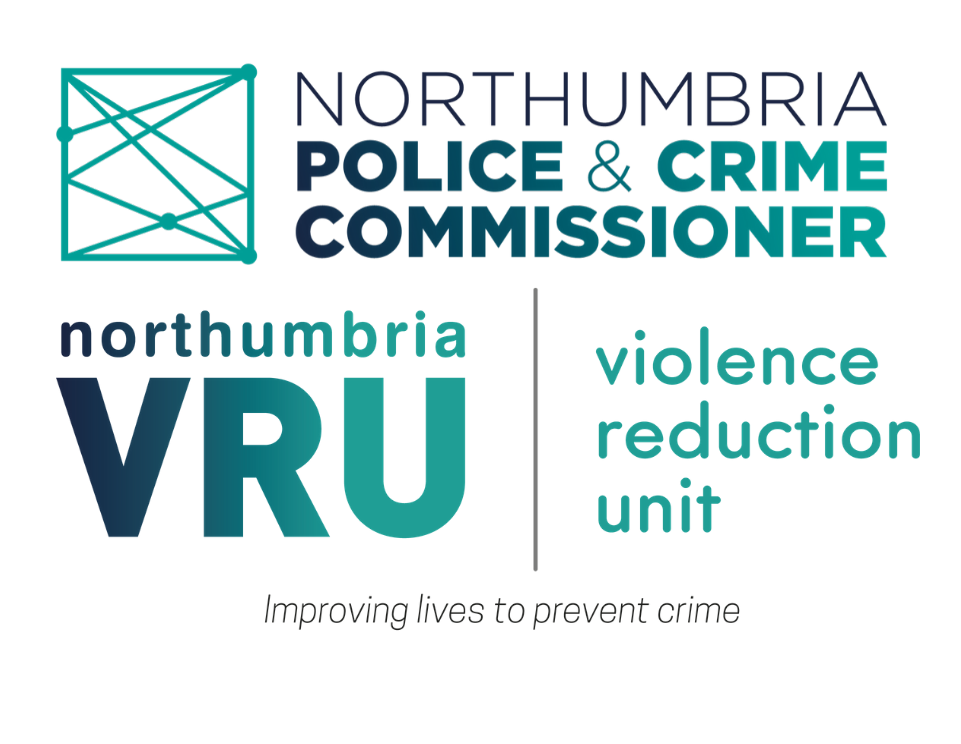
Vulnerability and violence reduction: engaging excluded children
Dr Eric Fletcher discusses how a problem-based learning pilot scheme is providing violence-reduction education for those most at risk.
We are all more or less vulnerable to harm throughout our lives. For most of us we can draw on skills to positively cope with these experiences and the support of family, friends, colleagues, and, where necessary, support services, to protect us and see us through.
Children can be particularly vulnerable because of individual and environmental characteristics, including living in households with domestic abuse, parental mental health, and substance abuse. In England, of the estimated 2.3-million vulnerable children about two-thirds are in receipt of support or are known to services, but one-third are ‘invisible’ to services.
Protection through Education
Protective factors minimise or break the cycles of harm, and engagement in education is a strong protective factor against the risk of involvement in serious violence, as it provides students with a sense of belonging, access to trusted adults with a duty to protect them and develops skills to help them stay safe. The Northumbria Violence Reduction Unit Education Team offers one-off activity-based sessions on violence reduction themes (domestic abuse, knife crime, criminal and sexual exploitation, and malicious communications) to children and young people in a range of educational settings. The delivery of these sessions is sensitive to the risk of traumatising students and deliberately avoid using shock, fear or shame for the purposes of learning (see PSHE Association/ National Police Chiefs’ Council, 2018).
However, for children permanently excluded from (mainstream) school and being educated in Alternative Provision or Pupil Referral Unit, facilitating and optimising these sessions is challenging and risks (re-)traumatising students, especially as many may have been personally affected by the subject matter and excluded from school as a consequence of their exposure to adversity or violence. (see also the Timpson Review of School Exclusion and Ofsted’s ‘Safeguarding children and young people in education from knife crime’). Such consequences should not be inevitable for vulnerable children. The Department for Education’s announcement for targeted and intensive support for children excluded from school and living in violence hotspots is timely but it is unclear how these taskforce approaches will facilitate students’ learning on violence reduction themes.
Meaningful inclusion for excluded children
In partnership with Newcastle University and River Tyne Academy, supported by Pride Radio, the Northumbria VRU Education Team recently piloted a programme of Project Based Learning (PBL) at a Pupil Referral Unit
PBL has been used previously in mainstream settings as a pedagogical approach across 8 to 10 sessions which is founded in the principles of student agency and cultural and social capital to explore a real-world issue and produce an authentic product of their learning for a real audience. This participatory approach to learning provides opportunities for students to direct and take greater responsibility for their learning.
PBL allows us to introduce challenging themes with these students and to initiate learning with a ‘hook’ session to stimulate curiosity, creativity and critical thinking, as students (and teachers) enthusiastically engaged in learning about domestic abuse, a theme chosen by the school. Accommodating individual student’s antecedents, interests and abilities, with learning linked to the wider curriculum, they further refined this to focus on gaslighting and controlling and coercive behaviour. The children used what they learnt to develop multi-media outputs for a PBL showcase event for a non-school, non-familial audience – a key component of PBL (COVID-19 has disrupted this scheduling of this event).
Our successful bid to the Home Office Science, Technology, Analysis and Research (STAR) fund has allowed us to extend our violence reduction PBL to eight other settings, including settings for students with Special Educational Needs and Disabilities (SEND) and Social, Emotional and Mental Health (SEMH) needs. We have successfully completed a knife crime-themed PBL in a pupil referral unit with a showcase event held in December 2021; with other PBLs in development or in delivery. The STAR funding will allow us, with Newcastle University, to investigate learning processes and evaluate the impact of this new approach to violence reduction themed learning and then host a conference in March 2022. We are still learning from, what has been, a very positive experience; early findings have seen improvements in students’ behaviour and attitudes to school, reduced absence and students sharing their learning with peers and taking it home to discuss with their families. We are keen to understand how this approach might help vulnerable children and young people at increased risk of harm or involvement in violence.
Dr Eric Fletcher is the Northumbria VRU, Education Team’s Training, Development and Research Lead. A former police officer, Eric is an experienced educational researcher and a Visiting Fellow with Newcastle University’s School of Education, Communication and Language Sciences, Centre for Learning and Teaching (CfLaT). Contact: eric.fletcher@northumbria-pcc.gov.uk









0 Comments